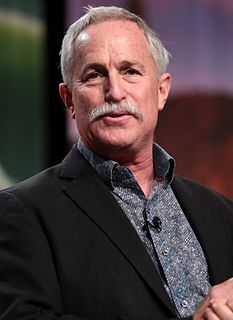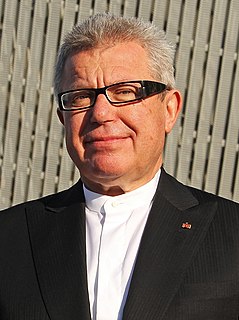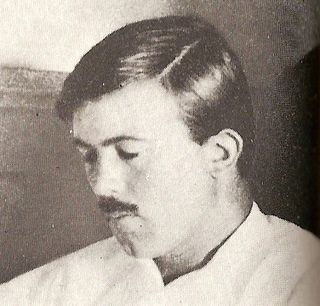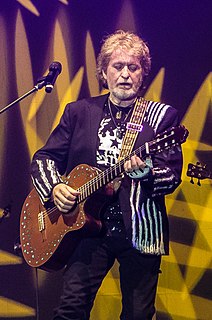A Quote by Jimenez Lai
Every time I traveled to a new city, I would learn about local heroes I did not know about, and I would learn about their very impressive contribution to their cities. There are nuanced senses that only people from the region can understand, and no amount of globalization can change that. It's almost like a maxim of a sorts, when you think about language, the way that people speak in a location. It does happen with architects, in terms of how they engage cities.
Quote Topics
Related Quotes
I think if I were reading to a grandchild, I might read Tolstoy's War and Peace. They would learn about Russia, they would learn about history, they would learn about human nature. They would learn about, "Can the individual make a difference or is it great forces?" Tolstoy is always battling with those large issues. Mostly, a whole world would come alive for them through that book.
Everything about singing, I learned from busking. Everything I learned about songwriting, I learned from busking. Busking, you learn people, you learn about reading people. You learn about reading the atmosphere of the street. If you stand still in any city long enough, you see everyone pass you by. It's almost like you get to know personality types, just by watching people walk past. You get a sense for things.
You learn so much about yourself as an artist. I never would have thought that I could sing every night, you know? Travel and perform every single night, and travel to another city the next day and do it all over again? You learn a lot of new things about yourself, and you make a lot of connections with people.
From a business perspective, the question related to cities and sustainability is clear and compelling: can you have a healthy company in an unhealthy city? Arguably, no. Companies need healthy cities to provide reliable infrastructure, an educated and vital workforce, a vibrant economy, and a safe and secure environment to survive and thrive. Business executives have a lot to learn from cities, and a lot to contribute, and this book shows the way, chronicling the successes and the lessons learned about what it takes to make a city healthy, in every sense of the word.
If only mortals would learn how great it is to possess divine grace, how beautiful, how noble, how precious. How many riches it hides within itself, how many joys and delights! No one would complain about his cross or about troubles that may happen to him, if he would come to know the scales on which they are weighed when they are distributed to men.
One road to happiness is to cultivate curiosity about everything. Not only about people but about subjects, not only about the arts but about history and foreign customs. Not only about countries and cities, but about plants and animals. Not only about lichened rocks and curious markings on the bark of trees, but about stars and atoms. Not only about your friends but about that strange labyrinth we inhabit which we call ourselves. Then, if we do that, we will never suffer a moment's boredom.
Climate scientists think of nothing but climate and then express their concerns in terms of constructs such as global mean surface temperature. But we live in a world in which all sorts of change is happening all the time, and the only way to understand what climate change will bring is to tell stories about how it manifests in people's lives.
I think we all have the same spirituality deep inside and we grow to learn more about it all the time, and we try very hard to become better people as we grow. We search all the time for the truth. We learn more about the world and we can't have thoughts like, "We are better than them" or "They are not good enough for God". This is very bad way of thinking, you know?
For the most part, French cities are much better preserved and looked after than British cities, because the bourgeoisie, the people who run the cities, have always lived centrally, which has only recently begun to happen in big cities in England. Traditionally in England, people who had any money would live out in the suburbs. Now, increasingly, people with money live in the cities, but this has changed only in the last 20 or so years.
I'm a very private person, so obviously I don't enjoy talking about more personal matters. But at the same time I care very much about my work and I would like people to know that it exists. So I appreciate that there's a meeting point, where I would like people to know about the work that I'm doing, and that requires me to talk about it.































